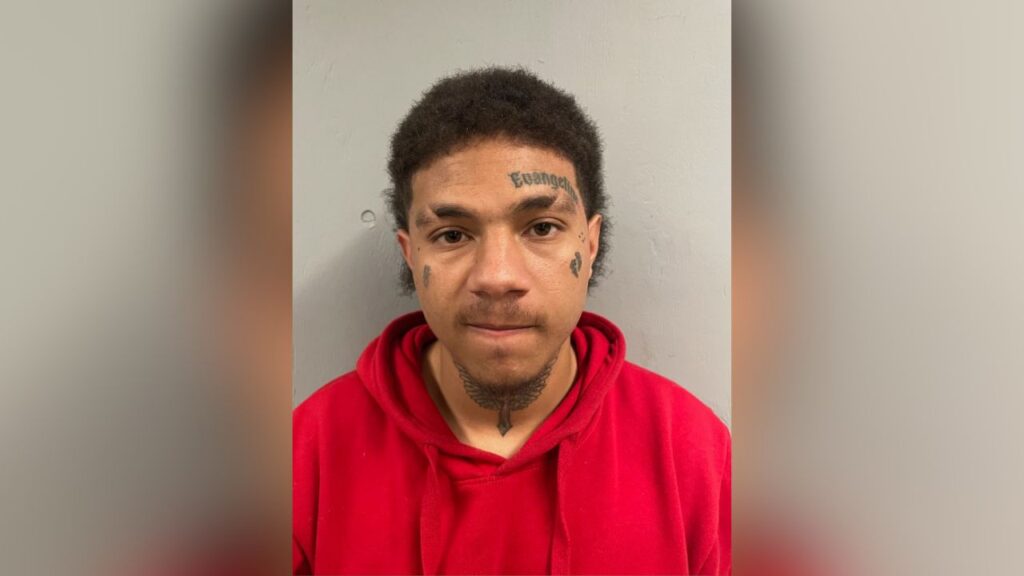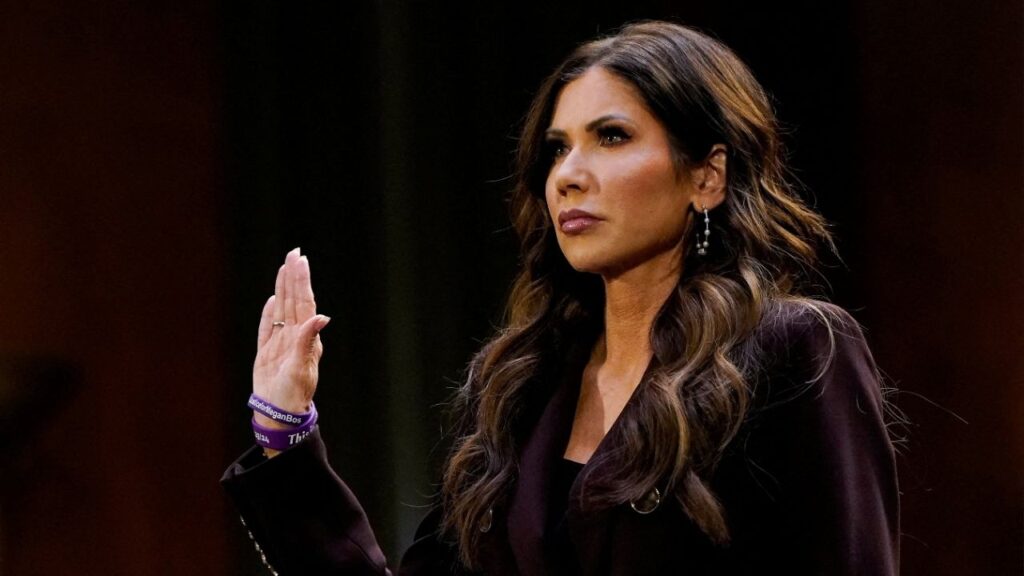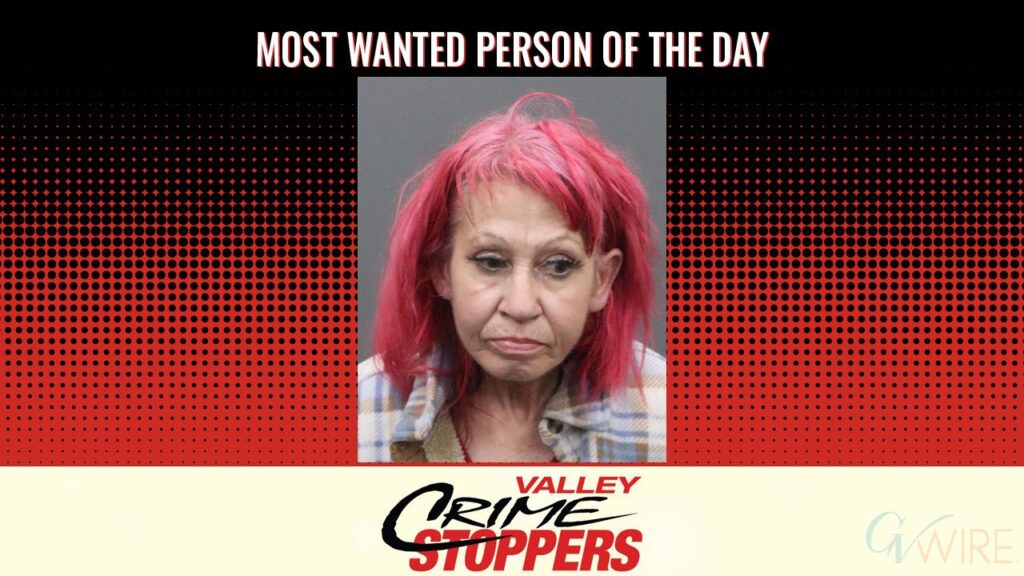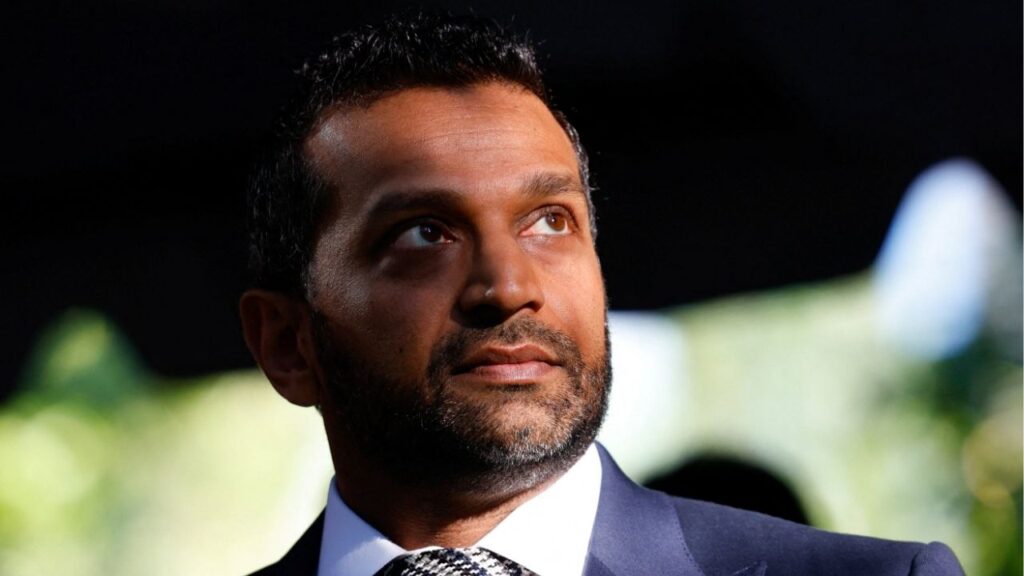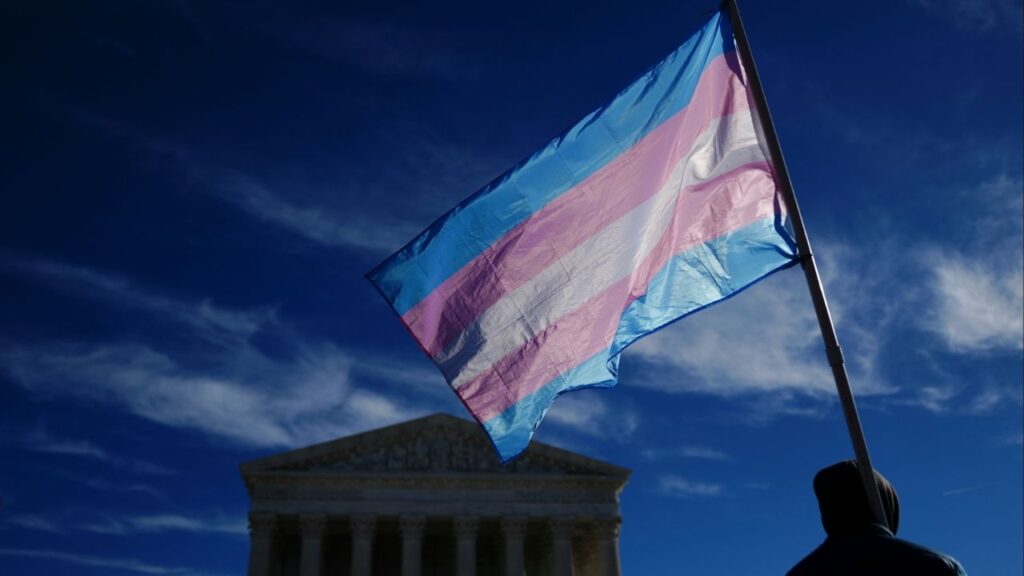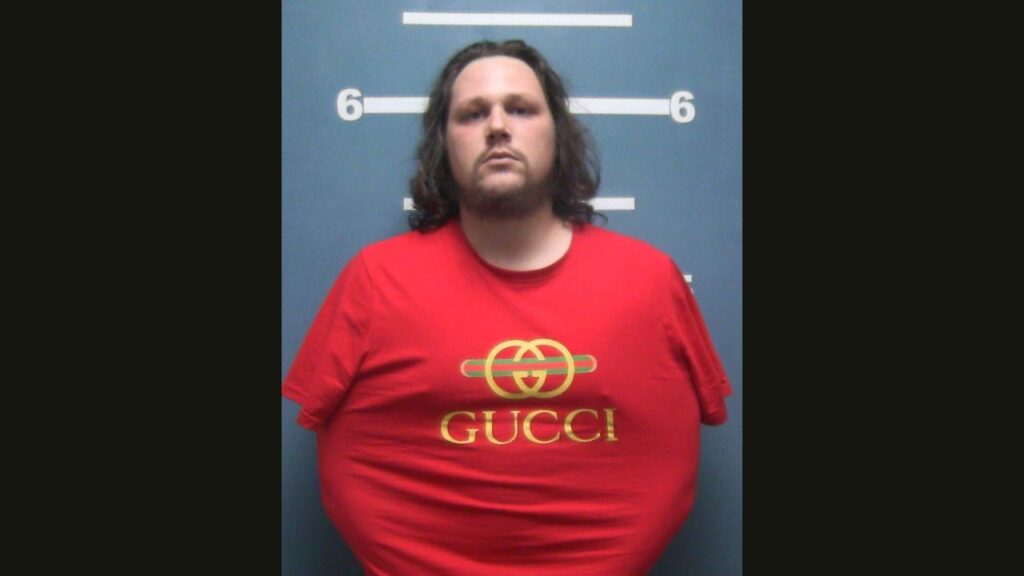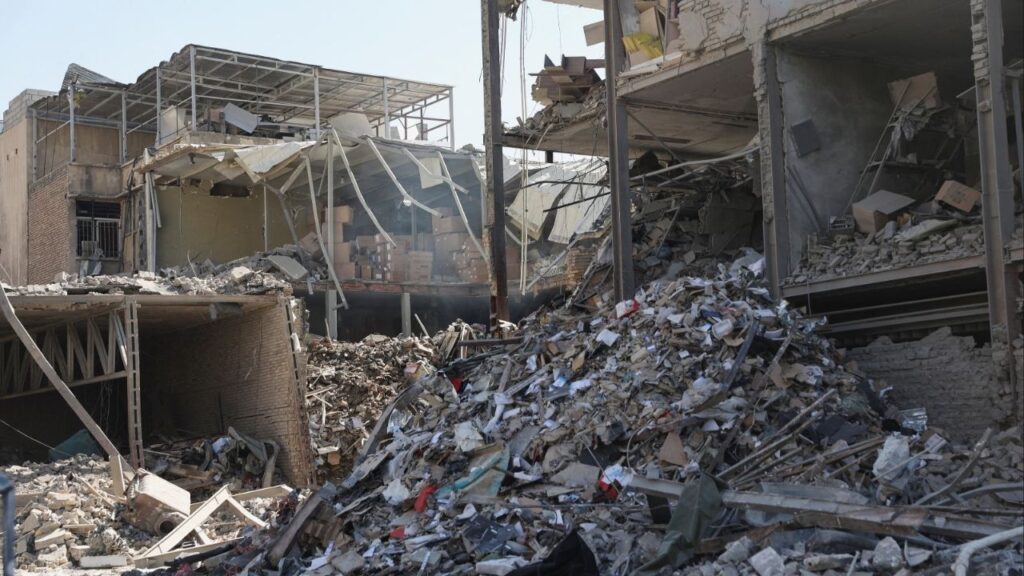Share
WASHINGTON — President Donald Trump said Thursday that he is ready to hold campaign rallies and he credited an experimental drug treatment with helping his recovery from COVID-19, although there is no way for the president or his doctors to know whether the drug had any effect.
“I’m feeling good. Really good. I think perfect,” Trump said during a telephone interview with Fox Business, his first since he tested positive.
“I think I’m better to the point where I’d love to do a rally tonight,” Trump said adding that he no longer thinks he’s “contagious at all.”
Trump did not indicate where or when he might have contracted the virus, saying only, “If you’re anywhere around this thing you can catch it.” But he mentioned a recent Rose Garden event announcing his new Supreme Court nominee and a meeting with military families. He said family members often want to get up close to him and “kiss” and “hug” him.
“I can’t say ‘Back up. Stand 10 feet” away, Trump said.
Trump credited the drug treatment with helping his recovery and suggested his diagnosis could be a “blessing in disguise” in the nation’s battle against the pandemic. In a White House video posted Wednesday evening, Trump said his illness had shed light on an experimental antibody cocktail that he tied to his improved condition.
Seemingly sensitive to the fact that his treatment course has been far more comprehensive than the care received by average Americans, he promised to swiftly get the drug approved for broader use — and distribute it for free — even though he does not have the power to order that himself.
Questions continue to swirl about the trajectory of Trump’s recovery and when he might be able to return to normal activities, including campaigning, less than four weeks before Election Day. The video marked Trump’s first appearance before a camera — albeit a White House-operated one —in nearly two days. The White House has released only limited details about his condition and treatment, leading to questions about what lies ahead for Trump.
It’s Not the First Time the President Has Trumpeted an Unproven Treatment
Trump received an experimental antiviral cocktail made by Regeneron through a “compassionate use” exemption, a recognition of the above-and-beyond standard of care he receives as president. The safety and effectiveness of the drug have not yet been proven. And there is no way for the president or his doctors to know that the drug had any effect. Most people recover from COVID-19.
“I had tremendous luck with this Regeneron,” Trump said during the interview.
It’s not the first time the president has trumpeted an unproven treatment. He spent months painting the anti-malarial drug hydroxychloroquine as a miracle treatment for the virus — taking a preventive course himself — even though experts have said it is not effective against COVID-19.
Trump hailed the Regeneron cocktail even as drugmaker Eli Lilly moves forward with its own similar treatment.
Eli Lilly formally asked the Food and Drug Administration on Wednesday to allow emergency use of its experimental antibody based on early results suggesting it reduces symptoms. There is no timetable for the FDA to make a decision, though the agency has moved on such applications within weeks.
Lilly says it could supply as many as 1 million doses of its therapy in the final quarter of 2020, with 100,000 available in October. Regeneron confirms it has also applied for emergency authorization, and said Wednesday it has enough doses for approximately 50,000 patients, and expects 300,000 available within the next few months.
The company said this advance production would allow the treatment to be distributed “immediately” if it were authorized by the FDA.
In the video, Trump continued to play down the threat of the virus, promising those who are ill that they’re going to “get better fast, just like I did.” More than 200,000 people in the U.S. and more than a million worldwide have died from the disease.
Trump posted the video on Twitter not long after aides said he had spent time in the Oval Office for briefings on Hurricane Delta, which is bearing down on the U.S. Gulf Coast, and on economic stimulus prospects —- despite still being contagious two days after he was discharged from Walter Reed National Military Medical Center.
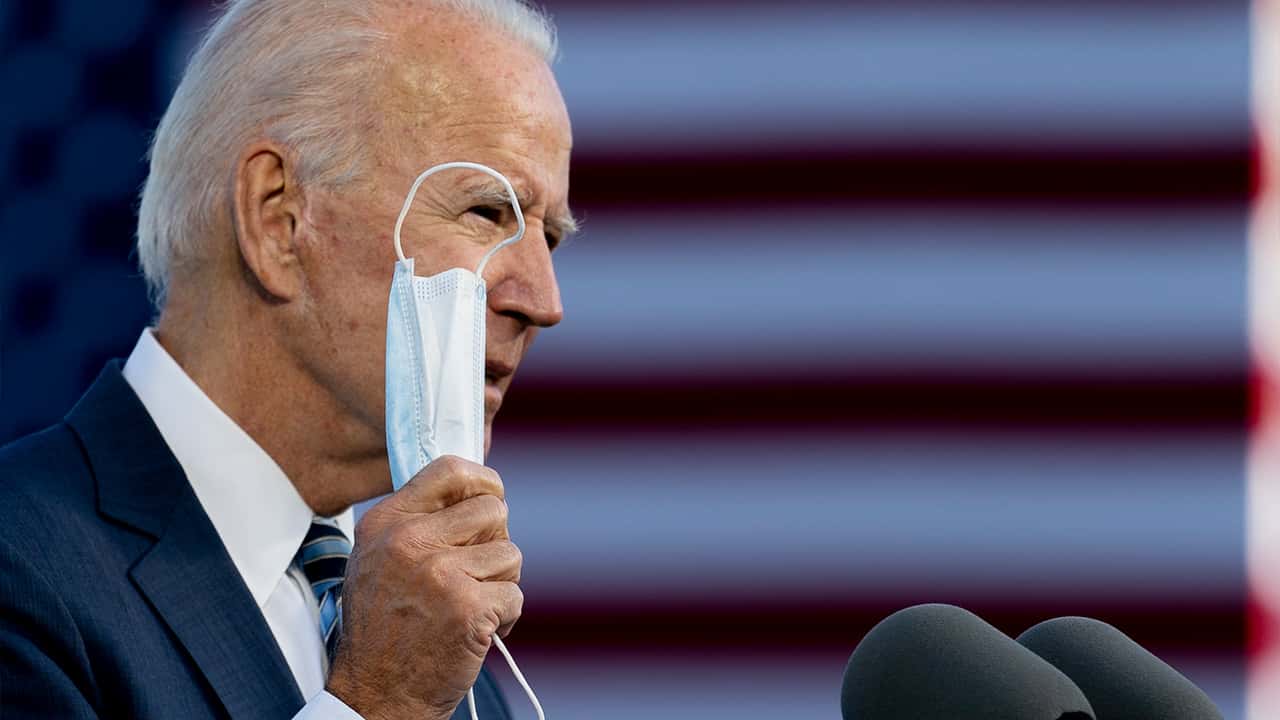
Doctors Said Trump Began Showing Mild Symptoms on Oct. 1
Aides insisted that only limited staff were around him and that he entered the office from the outside to limit exposure.
Trump’s doctor reported that the president continued to make progress in his recovery.
Dr. Sean Conley, the White House physician, said in a memo that Trump had been symptom-free for over 24 hours, and that his oxygen saturation level and respiratory rate were normal. The memo also said a blood test Monday showed Trump had coronavirus antibodies, substances that fight infection, but he had been given an experimental drug on Friday containing these.
Regeneron says it’s not possible for this type of blood test to distinguish between antibodies Trump’s body may be making and those supplied by the company’s drug. Most likely, the ones detected in the Monday test are from the drug, the company said.
The Centers for Disease Control and Prevention says individuals can discontinue isolation 10 days after symptom onset. While reports of reinfection are rare, the CDC recommends that even people who recover from COVID-19 continue to wear a mask, stay distanced and follow other precautions.
Doctors said Trump began showing mild symptoms on Oct. 1.
Access to Trump for White House aides has been extremely limited since his discharge.
The president has also begun pondering a resumption of travel and was considering hitting the road next week before the scheduled Oct. 15 presidential debate in Miami. But on Thursday, organizers announced the debate will take place virtually because of the president’s diagnosis, and Trump soon after pledged not to participate.
One travel option the campaign is weighing involves visits to Pennsylvania Monday and Michigan Tuesday and another campaign visit to Florida.
While Trump continues to minimize the threat of the virus, more aides have been testing positive — including one of his closest advisers, Stephen Miller, who was diagnosed Tuesday. All told, more than a dozen White House staffers have tested positive.
RELATED TOPICS:
Categories

Lebanon Sucked Deeper Into War as Hezbollah, Israel Trade Blows
